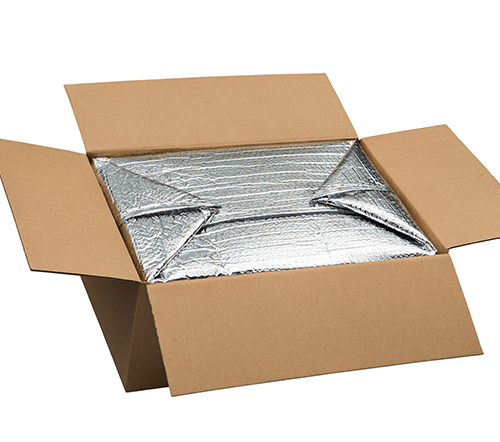Box liners, a pivotal component in the realm of transportation, serve as protective barriers designed to safeguard cargo during transit. These versatile solutions find widespread application across various industries, enhancing the safety and integrity of goods during shipment.
What are Box Liners?
Box liners are specialized materials or structures strategically placed within shipping containers or boxes to shield items from environmental factors, moisture, and physical damage. They are engineered to mitigate the risks associated with long-distance transportation, ensuring that products arrive at their destination in optimal condition.
When and Where are They Utilized?
- Food Industry: Box liners are frequently employed in the food industry to maintain the quality and freshness of perishable goods. They create a barrier against temperature fluctuations, humidity, and contaminants, preserving the edibility and safety of food items.
- Pharmaceuticals: Pharmaceuticals demand stringent protection during transit to prevent degradation or contamination. Box liners act as a safeguard, upholding the integrity of medications and medical supplies.
- Chemical and Hazardous Materials: Hazardous materials require specialized handling and containment. Box liners are used to isolate and secure chemicals, reducing the risk of leaks and spills during transportation.
- Agriculture: In the agricultural sector, box liners shield produce and crops from moisture and pests, extending their shelf life and ensuring they reach consumers in optimal condition.
- Electronics: Delicate electronic equipment is vulnerable to static electricity, moisture, and physical shocks. Box liners with anti-static properties and cushioning capabilities offer essential protection during shipping.
- Textiles and Garments: To prevent moisture damage and maintain the quality of textiles, box liners are utilized, particularly when goods are transported through varying climatic conditions.
- Automotive: Automotive parts and components often require protection against corrosion and mechanical stress. Box liners serve as a barrier, safeguarding these critical components.

Key Benefits:
- Moisture Protection: Box liners act as a moisture barrier, preventing water damage to sensitive cargo.
- Temperature Regulation: They help maintain a stable temperature within the container, crucial for goods sensitive to heat or cold.
- Contaminant Prevention: Box liners keep contaminants at bay, ensuring the purity and safety of products.
- Shock Absorption: Some box liners offer cushioning properties, protecting fragile items from physical shocks and vibrations.
- Customization: They can be tailored to fit various container sizes and cargo types, providing versatility in their application.
In conclusion, box liners play a pivotal role in securing the integrity of cargo during transit, offering tailored protection for a wide array of industries. Their ability to shield against moisture, temperature fluctuations, and physical damage ensures that goods arrive at their destination in optimal condition, reinforcing their significance in the world of transportation.
